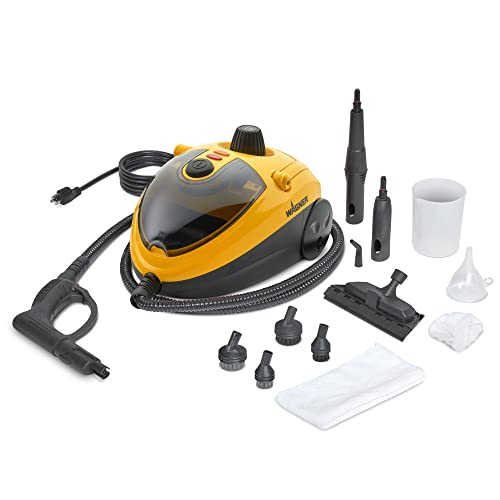I made the decision to go with the Clipper Creek HCS-40. Had a discussion with my general contractor (I'm remodeling the garage while I'm getting the charger installed) and his electrician and wanted to report back on their comments:
1) The Clipper Creek HCS-40 is a 30A unit, but *requires* a 50A circuit be hooked up to it, not a 30A. This puzzled both the electrician and the contractor. Normally you want the circuit breaker to be close or slightly under the rated power output of a device. That way, if the device goes nuts or there's some weird power surge, the circuit breaker will trip before your house burns down. Called Clipper Creek and confirmed that, ya, they want a 50A breaker. Seems the HCS-40 tests load and resistance on the line (between the circuit breaker and the HCS unit) every 17min and is smart enough to shut itself down if there is a problem, thereby saving the circuit breaker any problems.
2) We went with the HCS-40P, which is the non-hardwired version. It's only a few bucks more and uses a standard clothes dryer plug. If needed, I can just unmount the charger, toss it in the back seat, and plug it into the clothes dryer electrical outlet at a friends house or elsewhere in case of zombie apocalypse

3) I had previously thought about putting in the HCS-60 as I might need higher rated charger a few years down the road (when my lease expires and I get a Tesla Model E *lol*) but there's a problem. The HCS-60 requires a 60A circuit, which is just too much load for my poor circuit breaker. Electrician ran load calculations and looks like I might have to upgrade the electrical service to my house. Yikes! I am not even going to ask what that would cost.
HCS-60 is out! HCS-40 is in! Ordered from Clipper Creek website. I could have swore I saw it on Amazon a few weeks ago, but not there now.
Lastly, Heads Up! The people at Clipper Creek said they are raising their prices in the June/July time frame. Apparently business is booming and they are having problems keeping units in stock.




























![[Updated] 600W Power Inverter for Vehicles 12v to 110v, Dual DC to AC Car Inverters Converter Car Adapter for Wall Plug Outlet with USB C 65w/24W Fast Charge for Laptop Road Trip/Long Drive/Camping](https://m.media-amazon.com/images/I/41+ce37YsRL._SL500_.jpg)
![300W Car Power Inverter DC12V to AC110V,Dc to AC Car Plug Adapter Outlet with Multi USB[24W USB-C] /USB-Fast Charger(24W) Car Inverter,Car Charger for Laptop Vehicles Road Trip PiSFAU](https://m.media-amazon.com/images/I/41-KedJShYL._SL500_.jpg)




















